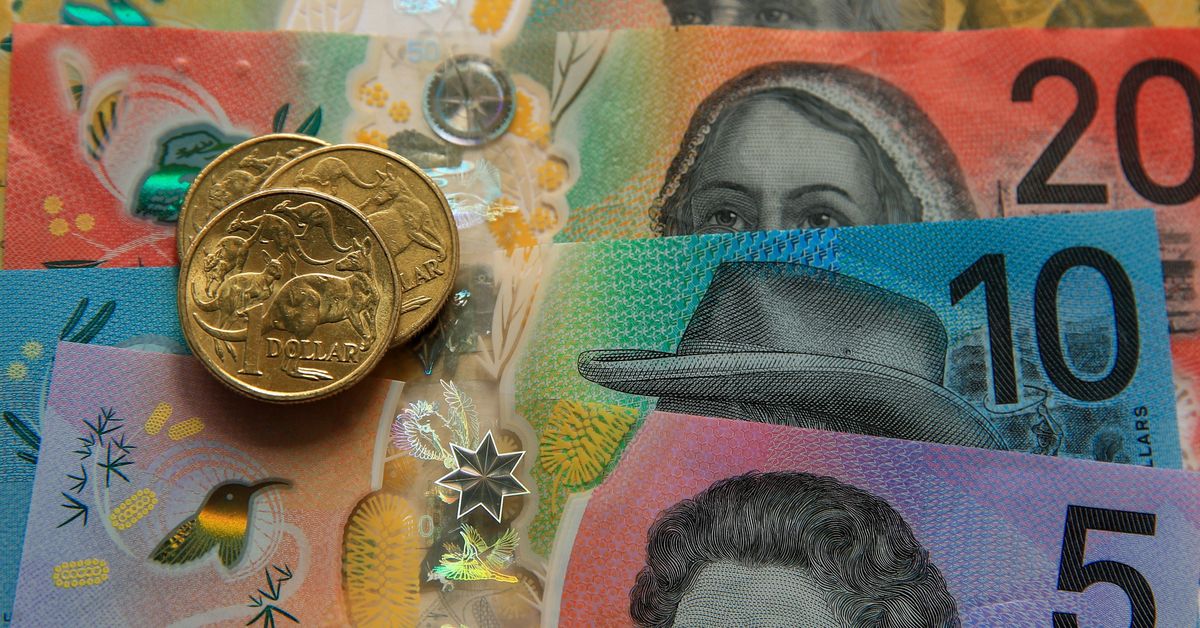Tougher regulations to clamp down on dodgy superannuation funds are being flagged by the federal government in the wake of the Shield Master Fund collapse.
Macquarie Group has agreed to pay back in full $321 million to 3000 members of Shield, a subsidiary of the investment bank, by tomorrow after it was sued by the Australian Securities and Investments Commission.
Macquarie admitted it did not act efficiently, honestly and fairly by failing to place Shield on a watch list for heightened monitoring.
 Assistant Treasurer Daniel Mulino. (Photo by Chris Hopkins) (Nine)
Assistant Treasurer Daniel Mulino. (Photo by Chris Hopkins) (Nine)
The move by the corporate regulator was welcomed by Assistant Treasurer Daniel Mulin who said he was working with ASIC on reforms to make it tougher for shonky funds to be licensed.
“As minister I am also engaging regularly with ASIC, my department, and with key industry stakeholder groups in order to better understand the drivers of conduct that have led to these collapses, and how we can work together with the sectors to implement sensible reforms that better protect consumers in the future,” Mulin said.
“We are seeing failings at every step of the value chain, including from lead generators, financial advisers, superannuation trustees, auditors, managed investment schemes and research houses.”
Mulin said the Shield collapse was a reminder for Australians to be wary of high-pressure sales tactics, including requests to make a decision on the spot, and clickbait online advertising.
Earlier this year, ASIC chair Joe Longo said the rules around setting up a managed investment fund were “very permissive”.
“The bar is so low to register one, it basically serves no barrier to entry at all,” he said.
“It doesn’t matter if the underlying asset is alpacas or meme coins – if the fund has a valid trust deed and disclosure document, ASIC has to register it.”

